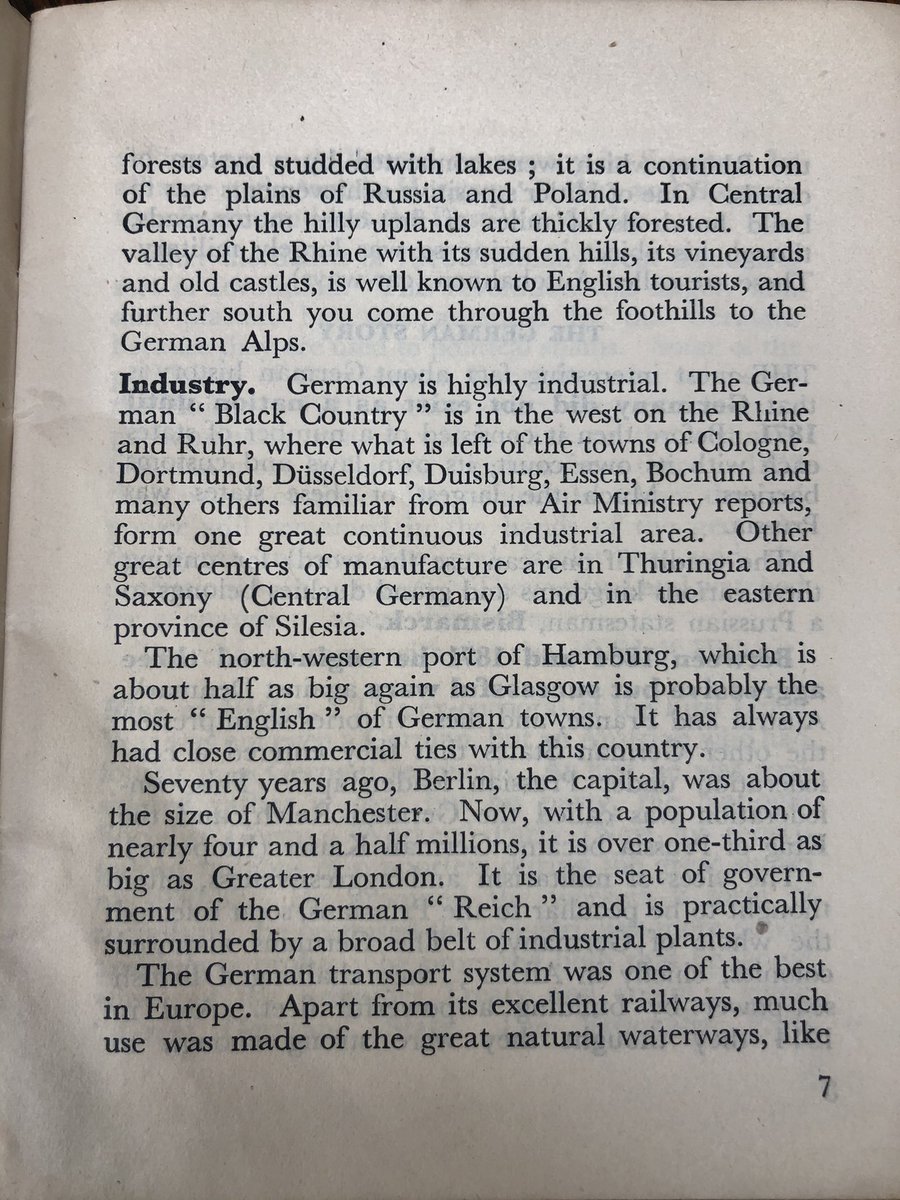
Development and local groups. A short thread.
Here are the notice boards for residents in my part of London. Note the material about proposed new building. Not “discuss” or “debate” - “STOP.”
1/6

Here are the notice boards for residents in my part of London. Note the material about proposed new building. Not “discuss” or “debate” - “STOP.”
1/6


One wonders if this is a suitable use of council-provided facilities meant for *information,* not campaigning. Certainly other political campaigns don’t get to use them to promote their own causes, & assume that everyone agrees with them in so doing.
2/6
2/6
I tend to favour more development in central London. I accept it’s part & parcel of the choice I made to live here rather than further out.
I also accept I’m in a minority (of residents). But you wouldn’t even think there *was* another point of view from this, would you?
3/6
I also accept I’m in a minority (of residents). But you wouldn’t even think there *was* another point of view from this, would you?
3/6
Some handy prebuttal:
“So what?” Local democracy (or not) matters. This is how developments get stopped. And have been recently in my area.
“What’s your angle?” None. It doesn’t make me popular (🤷🏻♂️) & I imagine it doesn’t help property prices. I just think NIMBYism is bad.
4/5
“So what?” Local democracy (or not) matters. This is how developments get stopped. And have been recently in my area.
“What’s your angle?” None. It doesn’t make me popular (🤷🏻♂️) & I imagine it doesn’t help property prices. I just think NIMBYism is bad.
4/5
Yes, there’s a local conservation area. This isn’t in it.
“Why don’t you say this to them rather than on Twitter?” I’ve emailed. Guess what? If you disagree, they ignore it. In person, they’re perfectly polite, but entirely implacable.
5/6
“Why don’t you say this to them rather than on Twitter?” I’ve emailed. Guess what? If you disagree, they ignore it. In person, they’re perfectly polite, but entirely implacable.
5/6
So there we are. I’d find a hotel with bar etc an exciting addition to the area and good for local employment & business. But the odds are against it, & this is replicated in example after example across the U.K.
6/6
6/6
PS “what will be replaced?” - a rundown and now semi-derelict building just off the Elephant & Castle roundabout. You’ve got to applaud the developer’s desire to take it on IMO & I assume those opposed would prefer the wreck to remain there which is odd.
• • •
Missing some Tweet in this thread? You can try to
force a refresh














